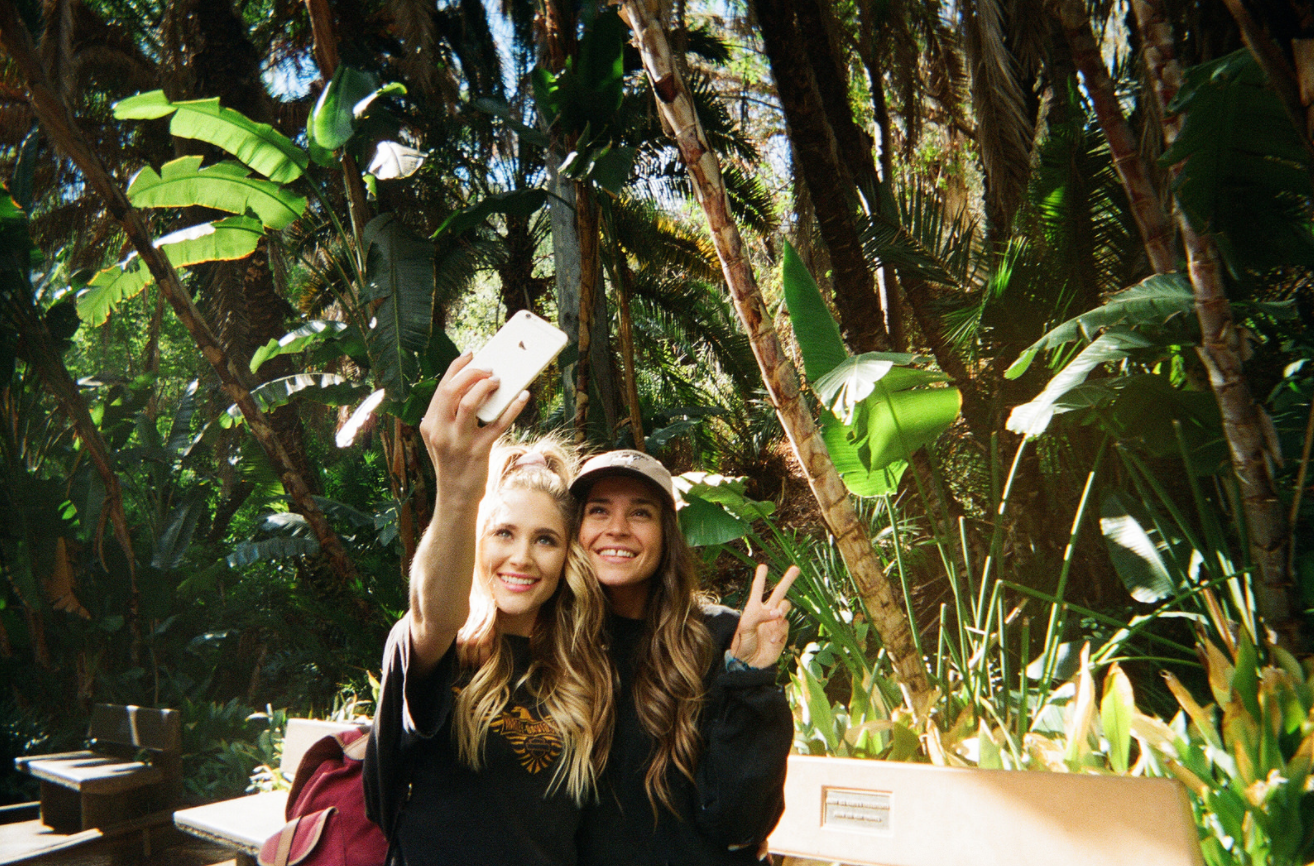
The generations prior to ours had a radically different idea of what “success” is. Our grandparents aspired to have a home, keep food on the table, and find a life partner. Sure, we want our ambitions to evolve as time goes on, but how many of us have everything that some people could only ever dream of, but are still insecure and anxious and always waiting for something else – our “actual” success – to finally manifest?
What would the person you were three years ago think about the life you have now? If you could tell your past self about all that would come – maybe the job, the apartment, the significant other, the travel – there are probably a few things that would honestly seem too good to be true.
The reason why you feel like you’re failing, like you’re falling behind, like you’ve wasted your 20s, is because by the sheer quantity of exposure, social media has warped your subconscious mind to believe in the “millennial success story,” the one in a million entrepreneur who started out by quitting their job one day (with no plan) and then ended up traveling the world and somehow making it as a blogger.
Not only is this wildly irresponsible (if you want to quit your job, have a backup plan; if you want to travel, make sure you can afford it) but their objective is to make you feel inferior. It’s just like advertising, except now, instead of coming from TV commercials and ads in magazines, it’s coming from people who look just like you.
The point of looking at all of these aspirational lifestyles is that you feel like you’re not good enough, so you buy into whatever they’re doing, whatever they’re wearing, whatever they’re using. That is the whole point of capitalizing on social media.
Even if you’re just the kind of person looking at all your friend’s engagement posts and OOTDs and cute pets and thinking you’re so far behind, you are seeing a projection of what they want you to think they are. You are seeing a highlight reel. Very often, what you’re really seeing is people’s deepest insecurities: the more they try to convince you they are something, the less certain they are themselves.
On top of that, some people are just better at taking photos than others. Look at the locations tags on Instagram: a dozen people could go to the same café and each capture it completely differently. Just because someone can take a nicer picture than you doesn’t mean they’re living a better life. Don’t be trapped by the illusion that what you see is what actually is.
What you need to ask yourself is this: How differently would you live, and how differently would you think if you didn’t have the subconscious intention of posting about it, creating an illusion of your identity, piecing together a semblance of the whole?
What would you do today? Would you still want to get married so soon? Would you care so much about what you were wearing? Would you change your plans this weekend? How would you do your hair? How much money would you save? What would you really think you need? Who would you actually want to be friends with?
What would your ambitions be if you knew that you’d never get to post about them online? What would your timelines look like if nobody was going to know what you were doing anyway? How differently would you see your life and your goals if you knew that they would only ever be yours – and yours alone?
Most importantly, what would you think of yourself and what you’ve accomplished? What would you be grateful for? How content would you be if you didn’t think you had to press your life forward so that you always have news, always have more success to update everyone with? How different would you be if you didn’t think that the eyes of everyone you’ve ever known are always on you?
The new “what would you do if money were no option” is “what would you do if social media didn’t exist?” and sure, maybe neither of those questions are realistic… but the way you answer them can tell you who you really are.











RSS